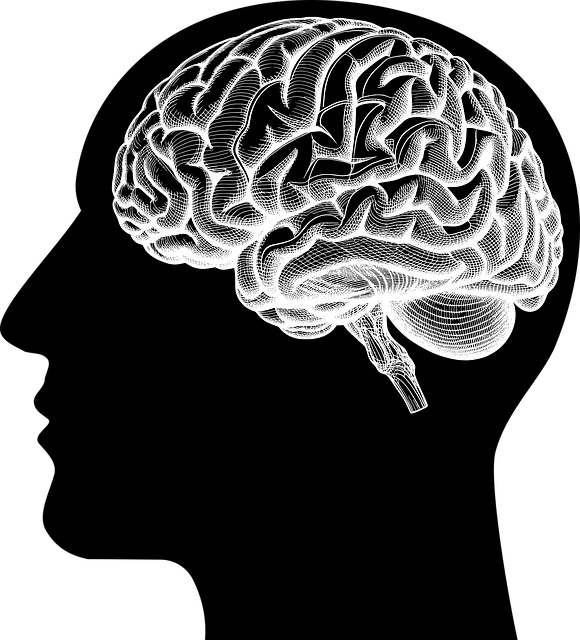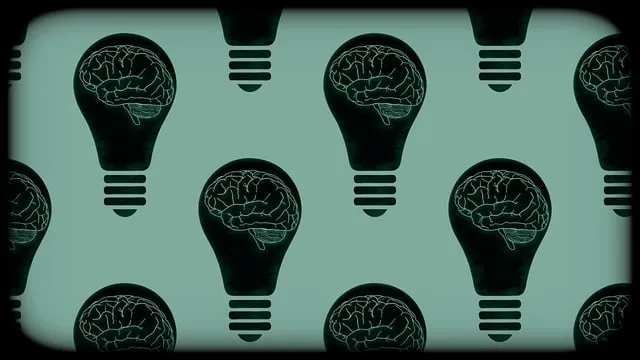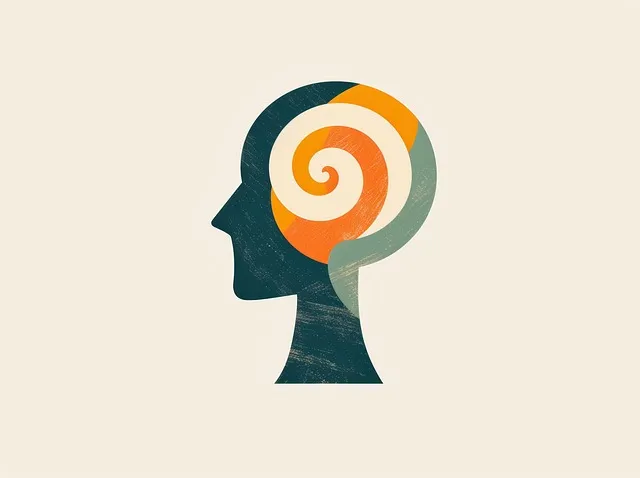The stigma around mental illness hinders access to support and treatment for individuals in communities like Lafayette. Kaiser Permanente addresses this issue by offering educational workshops, awareness campaigns, and peer support groups through partnerships with local centers. Their program focuses on breaking down barriers, normalizing conversations about mental health, and providing resources without judgment. By integrating strategies like Crisis Intervention and Mindfulness Meditation, they aim to create inclusive environments and encourage early help-seeking. This initiative, targeting at-risk populations, highlights Kaiser Permanente's commitment to improving mental wellness in areas with limited access to care.
Mental illness stigma continues to impede access to essential mental healthcare, with significant implications for individual well-being. This article explores diverse strategies aimed at reducing this debilitating barrier. We delve into the profound effects of stigma on mental health treatment-seeking behaviors and discuss impactful initiatives like Kaiser Permanente’s commitment to changing perceptions. Through examining education, community engagement, and policy reforms, we highlight promising paths towards destigmatization, drawing insights from Lafayette, where local efforts have significantly contributed to the national conversation.
- Understanding Stigma and its Impact on Mental Health Care
- Kaiser Permanente's Initiative: A Step Towards Change
- The Role of Education in Reducing Stigma
- Community Engagement and Support Groups
- Policy Reforms and Their Potential to Break Barriers
Understanding Stigma and its Impact on Mental Health Care

Stigma surrounding mental illness is a significant barrier to individuals seeking help and receiving effective care. It often manifests as negative attitudes, beliefs, and stereotypes about people with mental health conditions, leading to discrimination and isolation. This stigma can have profound effects on an individual’s willingness to access services, adhere to treatment plans, and maintain recovery. In severe cases, it may discourage people from reaching out altogether, exacerbating their suffering.
For instance, consider the impact on a person struggling with depression in a community where mental illness is stigmatized. They might feel ashamed, afraid of judgment, or even blame themselves for their condition. This internalized stigma could prevent them from enrolling in programs like those offered by Kaiser Permanente mental health number Lafayette or attending local Stress Management Workshops Organization sessions aimed at self-esteem improvement and coping skills development. As a result, they may experience prolonged distress, hindering their ability to lead fulfilling lives.
Kaiser Permanente's Initiative: A Step Towards Change

Kaiser Permanente, recognizing the pressing need to address mental health stigma, has initiated a comprehensive program aimed at fostering understanding and support for individuals struggling with mental illness. This initiative focuses on educating communities, breaking down barriers, and providing accessible resources, particularly in areas where mental healthcare is scarce. By integrating various strategies, such as Crisis Intervention Guidance, Mindfulness Meditation, and effective Communication Strategies, Kaiser Permanente aims to create a more inclusive environment.
The program involves local partnerships with community centers in Lafayette, targeting at-risk populations. Through workshops, awareness campaigns, and peer support groups, they strive to reduce the mental health stigma surrounding these issues. By empowering individuals with knowledge about early intervention and self-care practices, Kaiser Permanente’s initiative takes a proactive step towards normalizing conversations around mental wellness, ensuring that everyone receives the necessary support without fear of judgment.
The Role of Education in Reducing Stigma

Education plays a pivotal role in reducing the stigma surrounding mental illness, a significant barrier to individuals seeking help and support. By integrating mental health literacy into academic curricula, communities can foster a more compassionate and informed environment. This includes teaching young people about common mental health conditions, their causes, symptoms, and treatment options, empowering them to recognize signs in themselves or others and provide the necessary Crisis Intervention Guidance. Organizations like Kaiser Permanente, through their mental health initiatives, are at the forefront of promoting these educational efforts, making resources accessible via their Lafayette locations, enabling individuals to gain knowledge and dispel myths associated with mental illness.
Furthermore, integrating topics such as Emotional Intelligence and Inner Strength Development into education can contribute to stigma reduction. These concepts encourage empathy, understanding, and self-awareness, allowing individuals to connect on a deeper level and challenge societal norms that perpetuate stereotypes. Through education, communities can create a supportive atmosphere where those facing mental health challenges feel heard, validated, and encouraged to seek professional help without fear of judgment or discrimination.
Community Engagement and Support Groups

Community engagement is a powerful tool in the fight against mental illness stigma. Organizations like Kaiser Permanente play a vital role by providing resources and support through their mental health numbers, such as the one for Lafayette. These initiatives facilitate open conversations about mental well-being, offering platforms where individuals can share experiences and educate others. By fostering connections within communities, people struggling with mental health issues find comfort and understanding. Support groups, in particular, have proven to be game-changers, enabling members to build resilience and develop coping skills together.
Additionally, these community gatherings promote the adoption of self-care practices, emphasizing their importance in maintaining mental health. The support and camaraderie within these groups encourage individuals to embrace healthy habits, enhancing overall well-being and fostering a sense of belonging. Such efforts contribute to breaking down barriers and reducing the isolation often associated with mental illness, ultimately leading to more inclusive and supportive environments.
Policy Reforms and Their Potential to Break Barriers

Policy reforms play a pivotal role in breaking down barriers associated with mental illness stigma. Organizations like Kaiser Permanente, through their mental health number in Lafayette, have pioneered initiatives that advocate for more inclusive healthcare policies. These efforts encompass various strategies, such as implementing Mental Wellness Coaching Programs and prioritizing Healthcare Provider Cultural Competency Training. By integrating these programs, communities can foster a more supportive environment where individuals feel encouraged to seek help without fear of judgment.
Furthermore, Mental Health Policy Analysis and Advocacy is crucial in shaping legislation that ensures equal access to mental healthcare services. Such policies not only reduce the stigma but also promote early intervention and long-term support for those struggling with mental health issues. This multi-faceted approach, combining policy reforms, educational programs, and advocacy, has the potential to significantly transform societal perceptions and improve overall mental wellness.
Mental illness stigma reduction is a multi-faceted effort that involves education, community engagement, policy reforms, and initiatives from organizations like Kaiser Permanente. By addressing these issues, we can create a more supportive environment for those facing mental health challenges, ultimately improving access to care. The strategies outlined in this article, including Kaiser Permanente’s initiative and the power of community support groups, hold promise in breaking down barriers and fostering understanding. Remember that, in numbers, 1 in 5 adults in the U.S. (or approximately 43 million people) experience mental illness in a given year (National Alliance on Mental Illness). Together, we can work towards reducing stigma and enhancing mental health care for all, especially in communities like Lafayette where access to services is crucial.





